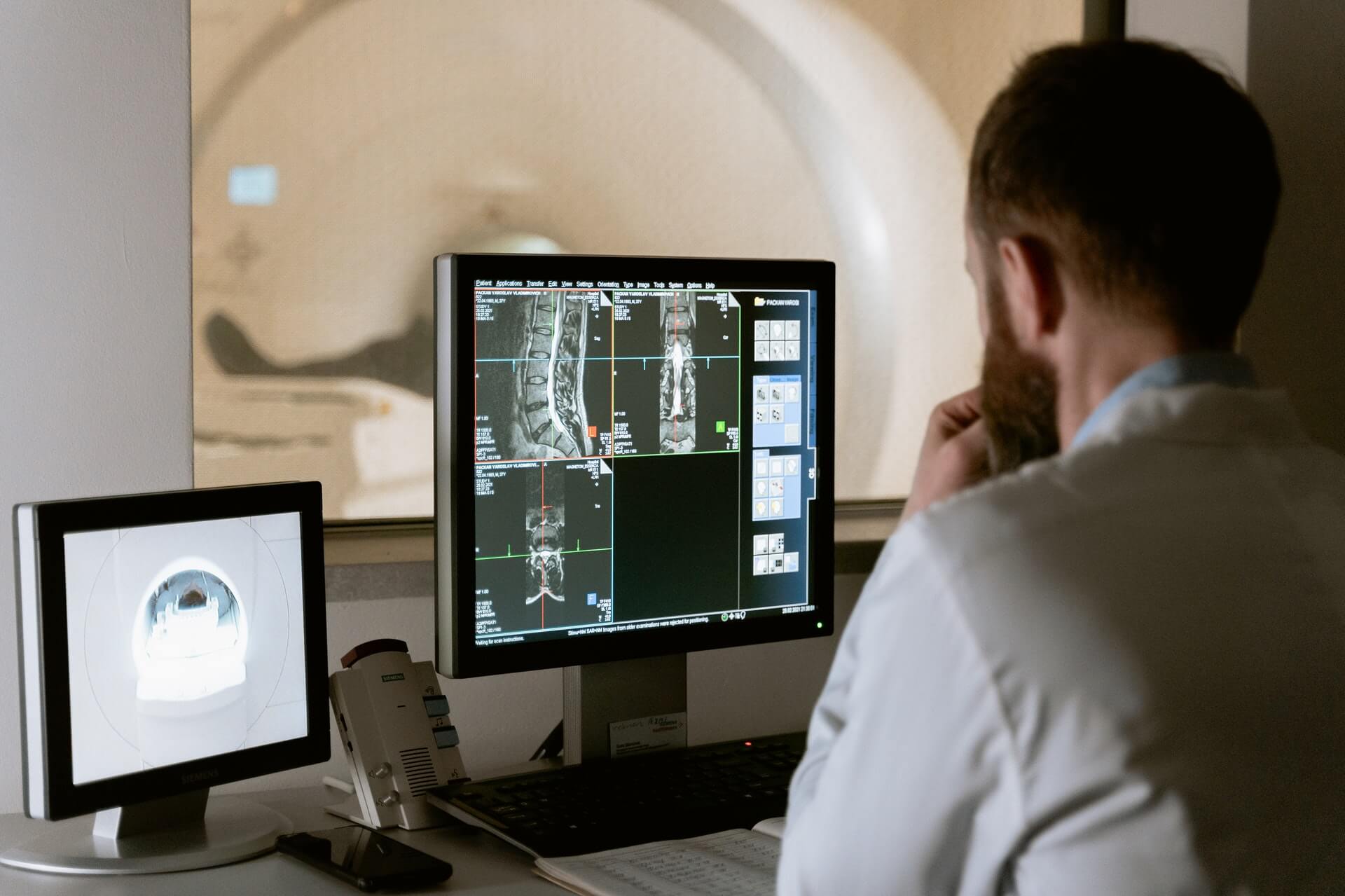
Urological involvement in renal transplantation
Historically, urologists were the primary surgeons in renal transplantation. Specialization and increased complexity of the field of transplantation, coupled with a de‐emphasis of vascular surgical training in urology, has created a situation where many renal transplants are carried out by surgeons with a general surgery background. Renal transplantation (RT) is the treatment of choice for patients with end-stage renal disease (ESRD). Kidneys can be donated from either living donors or deceased donors, with the majority of renal transplants from deceased donors.
Urologists who carry out living donor nephrectomy maintain a sense of ownership in the renal transplant process and provide a unique opportunity to the trainees of that particular program. For renal transplant recipients, preoperative evaluation of voiding dysfunction and other genitourinary anomalies might be necessary before the transplant. Also, occasional surgical intervention to prepare a patient for renal transplant might be necessary, such as in a patient with a small renal mass that is detected by a screening pre-transplant ultrasound. Intraoperatively, for patients with complex urological reconstructions that might be related to the etiology of the renal failure (urinary diversion, bladder augmentation), a urologist who is familiar with the anatomy should be available.
urological evaluation and intervention might be necessary for patients who had a pre-existing urological condition or who might have developed something de novo after the transplant. Although renal transplant programs could consult an on-call urologist for particular issues on an as-needed basis, having a urologist, who has repeated exposure to the particular issues and procedures that are involved with renal transplantation, and who is part of a dedicated multidisciplinary renal transplant team, provides optimal quality of care to these complex patients.
The current role of practicing urologists in transplants has become highly variable and program‐dependent. Internationally, the role of the urologist is generally more instrumental. It is not disputed that a urologist with adequate training in vascular anastomotic techniques is capable of carrying out a renal allograft procedure. However, in the current era of multiorgan transplant programs and de‐emphasis of vascular training in urology, the surgical role of the urologist in the USA has become less substantial.





